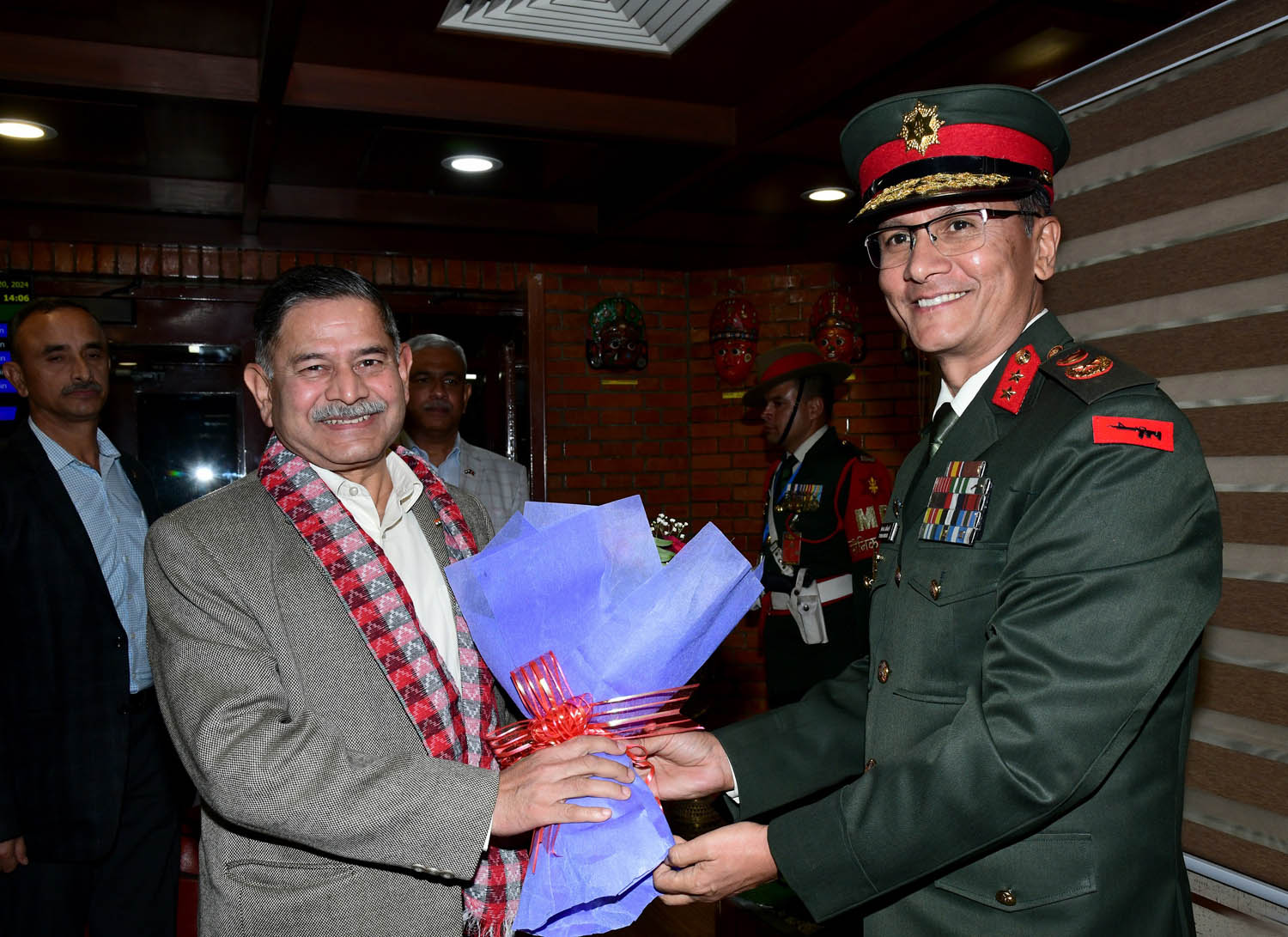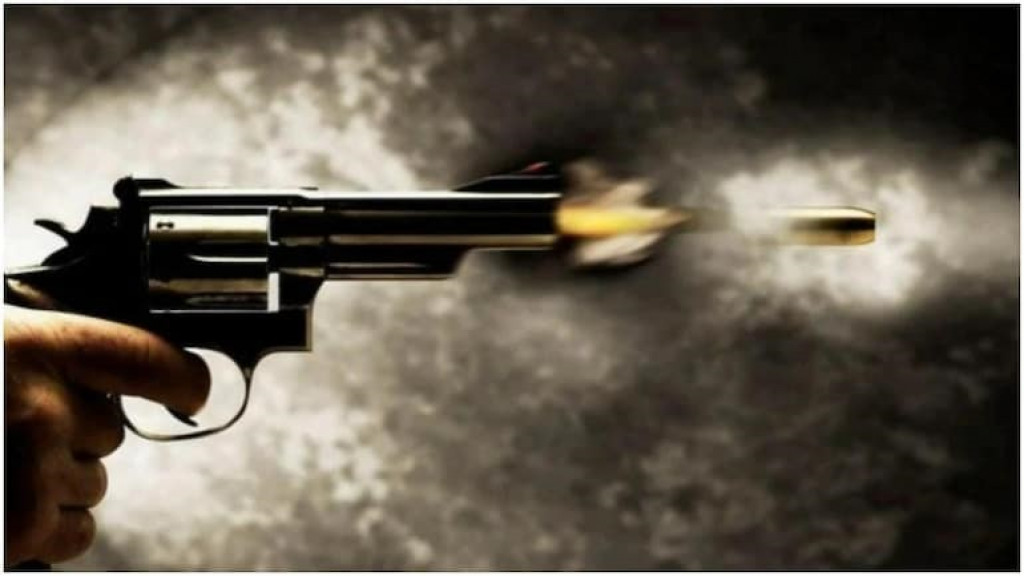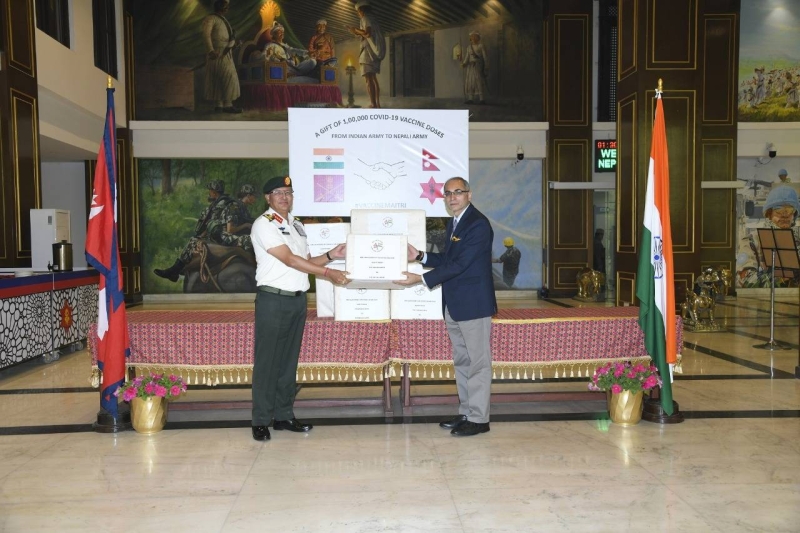
GULMI, September 25: Nepali nationals who retired from the Indian Army and their family members are currently facing various challenges including meeting their daily needs for livelihood.
These Indian Army retirees are facing difficulties in claiming their pension and most of the dead bodies of these servicemen who died in wars are not returned to their family members.
Purna Bahadur Thapa, 93, of Chandrakot Rural Municipality-5 is an Indian Army retiree. He has been receiving pension after his retirement for his years of service in the Indian Army. Thapa is among many Nepali nationals who fought in battles for India. ‘I have lost many friends in such battles,” Thapa laments.
“During that time, it was easier to be recruited in the Indian Army. The Indian government officials used to visit villages in Nepal and select healthy and strong youths to be recruited in their army stating that they will provide good employment opportunities,” Thapa shared. “Once you reach India, then you will get to know that you are being recruited in the Indian Army.”
Shankar Rayamajhi of Mushikot Municipality-3 is also an Indian Army retiree. He served the Indian government for years as a Subedar Major. “Despite hardships we endured and years of service, many of Nepali nationals like me who retired from the Indian Army are facing difficulties in earning pension after our retirements. During that time, no documents were required to get recruited in the Indian Army, which now has been a hurdle while claiming pension,” Rayamajhi said.
Dil Kumari Chhetri, wife of late Indian Army retiree Bal Bahadur Chettri, has a similar story to tell. As per the law, Dil Kumari Chhetri should receive Bal Bahadur’s pension but she is unable to receive it.
“Four years have passed since Bal Bahadur’s death, but his wife has been unable to claim his pension. The Indian government has maintained that the name and caste of Dil Kumari does not match with one that was registered by Bal Bahadur while he was in service,” shared Rayamajhi. “The ward office and district administration office here have already clarified to the authorities concerned that Dil Kumari Chhetri is the one who should receive her husband’s pension rightfully but it has only been like pouring water in the sand.”
“Besides, if any Nepali’s die during the battle in India, the dead body is not returned to his family members in Nepal. I have been raising voices, sending letters and demanding the Indian government to return dead bodies but no positive response has been received yet,” said Rayamajhi, who is also a central member of Nepal-India Ex-servicemen Welfare Association.
Chandra Bahadur Chettri, ex-servicemen of Indian Army also agrees that there are difficulties in claiming pension and dead bodies of deceased Nepali’ nationals. “Back then when we got recruited in the Indian Army, documents were not given priority and were not mandatory which is now creating hurdles after retirement for many of us. The Indian side is now neglecting recommendations made by local governments here,” he added.
Nepal-India Ex-servicemen Welfare Association has also agreed to the fact that the Indian government has been refusing to return dead bodies of Nepali servicemen who die in India.




1660804844_1200.jpeg)
